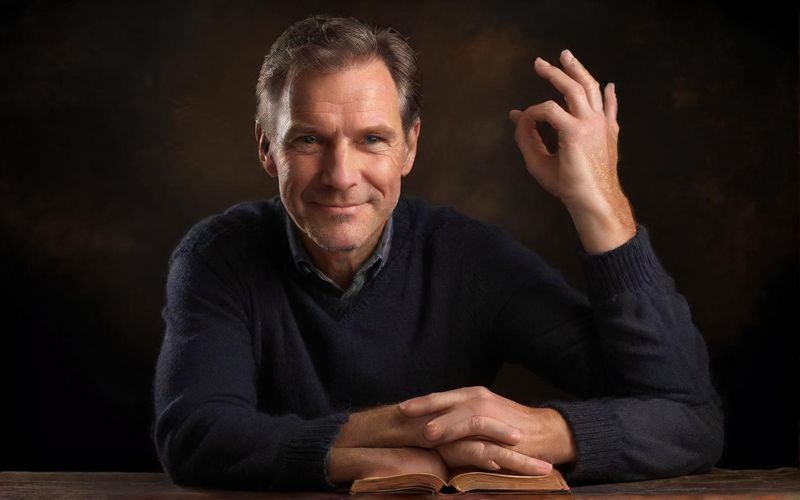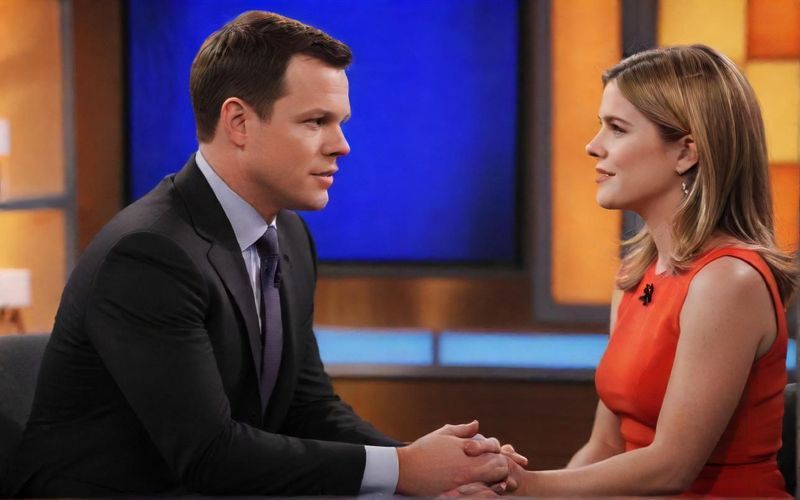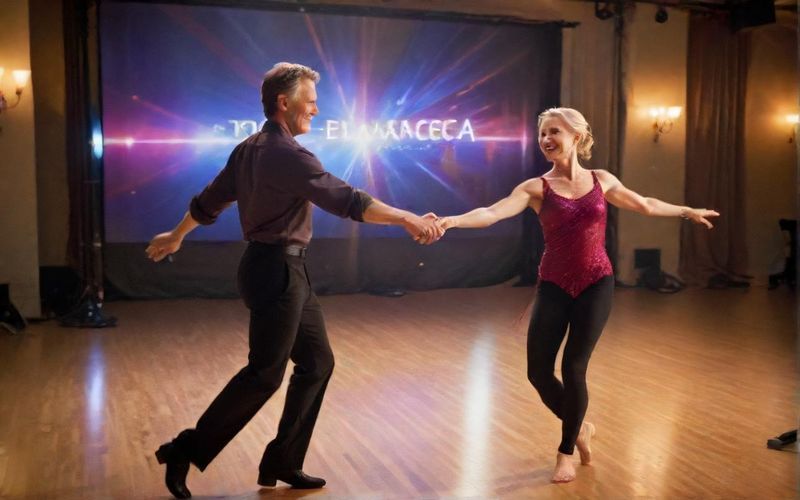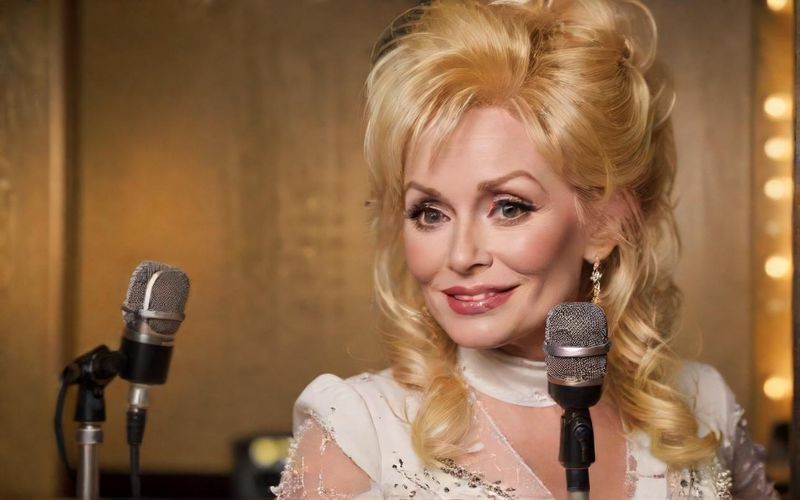Ice Bucket Challenge Returns: New Fight for Mental Health

The iconic Ice Bucket Challenge, famous for its 2014 viral success in raising over $115 million for ALS research, has been reimagined to tackle another critical issue: mental health. A University of South Carolina student organization, MIND (Mental Illness Needs Discussion), launched the “Speak Your Mind Ice Bucket Challenge” in late March, quickly gaining traction on social media platforms like TikTok and Instagram.
The challenge retains its original format: participants film themselves being doused in ice water and nominate others to participate. However, instead of supporting ALS research, donations are directed to Active Minds, a non-profit dedicated to changing mental health norms among youth and young adults. Active Minds was founded in 2003 by Alison Malmon following the suicide of his brother, highlighting the organization's dedication to preventing similar tragedies.
The resurgence of the challenge has been met with mixed reactions. While some praise the initiative for raising awareness and funds for mental health, others express concern over its potential to overshadow the original cause, ALS, which still lacks a cure. Several TikTok users voiced their frustration, with some arguing that the widespread awareness of mental health issues diminishes the challenge's impact, while others worry the focus might shift towards virality rather than genuine support. One TikToker, Chrissy, stated their discomfort, highlighting that for individuals with family members affected by ALS, this new iteration may feel insensitive.
Despite this criticism, the ALS Association has publicly endorsed MIND's efforts, stating they are "thrilled" to see the challenge's continued use in new forms of activism, acknowledging the significant overlap between mental health challenges and the struggles faced by those with ALS and their families. The campaign has already raised over $180,000 of its $250,000 goal. Notable figures such as Jenna Bush Hager have participated, bringing increased visibility to the cause. While Peyton Manning's participation was mentioned by the MIND club founder, the video is not publicly available.
The "Speak Your Mind" campaign reflects Gen Z's trend of reinterpreting millennial content, similar to the resurgence of Y2K fashion. However, the challenge's success will ultimately depend on whether it effectively fosters genuine engagement and meaningful contributions to mental health awareness and support.









